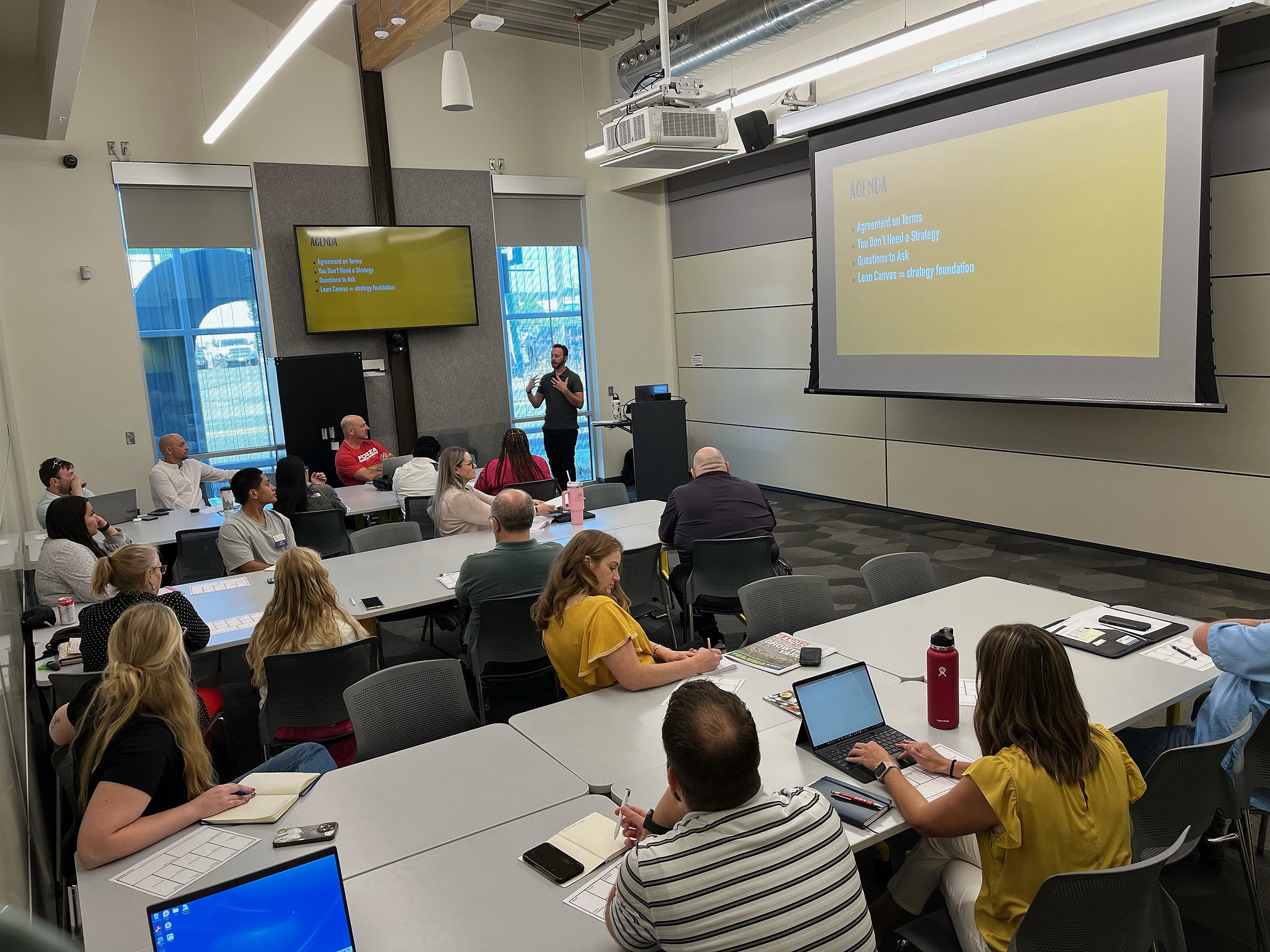E-commerce adds options for North Idaho businesses

Josh King
Mountain Madness Soap Company receives online orders from customers in every single state in the United States.
Owner Jennifer Morsell said online sales have been a gamechanger for the business.
“It’s evolved so much, from being just an add-on to our business to becoming a major part of how we connect with customers, tell our brand story, and grow beyond our local reach,” Morsell said.
In the 1990s, the practice of electronic commerce or buying and selling goods online became an increasingly more popular way to shop.
As technology for e-commerce has rapidly adapted to consumer trends, Josh King is a volunteer with SCORE and an expert in e-commerce.
One of the things that has changed since e-commerce picked up steam is how understanding the algorithm and how to market your wares online can ignite customer interest in a product.
“When traditional brick and mortar businesses open, they put the open sign up and then just expect business to flood in because they put an open sign there,” King said. “Sometimes, e-commerce businesses think the same thing when they launch their website and think people are going to follow them magically. To invest in your business, you still have to do marketing.”
King works for Tinderbox Marketing and applies his expertise as a mentor through the SCORE partnership with the Small Business Administration.
“The biggest shift has been the algorhythm and the pay to play environment. The odds of you being able to generate organic traffic is just reduced,” King said.
It is now a rarity for sellers to not use platforms like Amazon, eBay or Etsy to some degree.
The upside of using massive platforms is that everybody is in the same place, but the downside is the competition makes it much harder to be heard.
“If you do decide to sell through another platform like Amazon or eBay or Etsy, they’re going to take their cut,” King said. “The pro of those sites is you get access to their customers, but the con is you have to pay the fees and play by their rules.”
If a business chooses to only sell through their own website, King noted that they can greatly reduce the overhead and work directly with the customer.
“You're reducing the number of hands that are able to touch your product potentially. When you’re able to do that, you’re able to respond more quickly to the needs of the customer if there’s a service issue or change the product to meet demands,” King said.
One of the local businesses that have connected with SCORE in order to refine their marketing tactics, the Hayden-based Uncle Dan’s Seasonings and Salad Dressings has been in business for 59 years.
Chris Stephens said to stay competitive, the company began doing mail orders in the 80s and has observed the changing trends and how they’ve impacted Uncle Dan’s Seasonings.
“It was the Wild West in the late 90s and early 2000s,” Stephens said.
He believes the trick is to focus on slow, steady growth rather than trying to compete with e-commerce leviathans such as Amazon.
“E-commerce doesn’t solve all the problems, but it extends your reach,” Stephens said. “How do we take advantage of that without spinning ourselves into oblivion?”
He has been trying to find new ways to connect through e-commerce apps such as Notify Me! in order to strategize how to get people to spend locally versus send their money elsewhere.
“It creates a shift in how people spend those dollars,” Stephens said.











